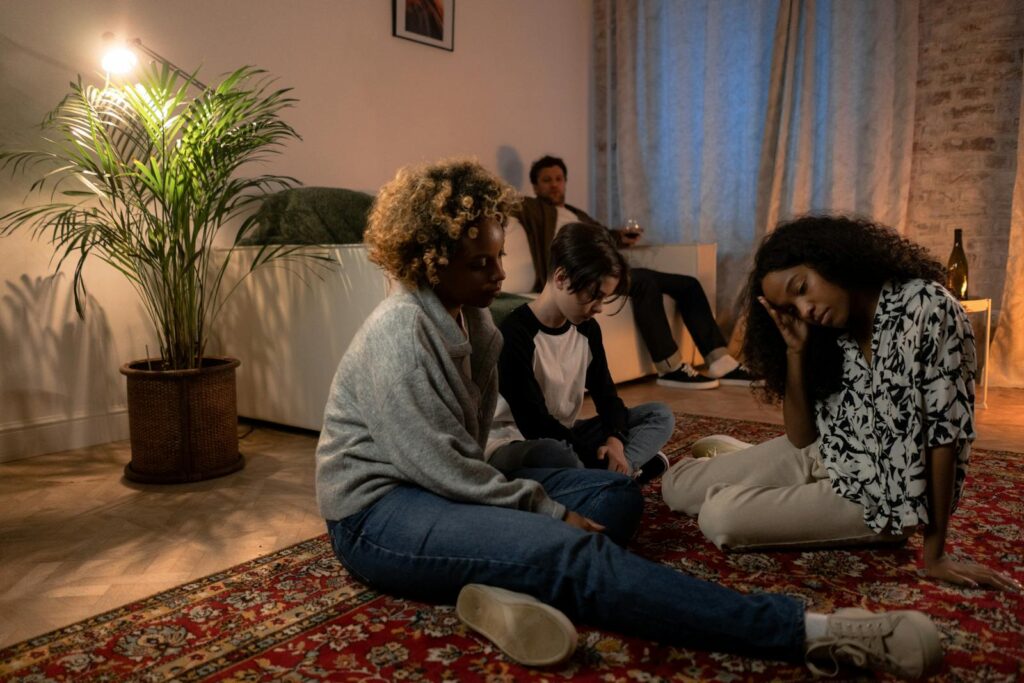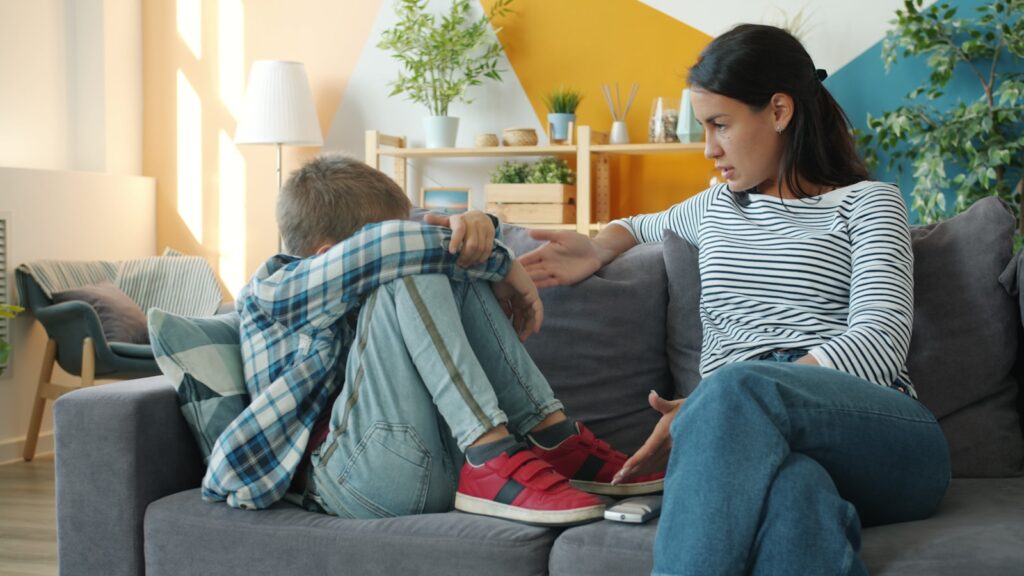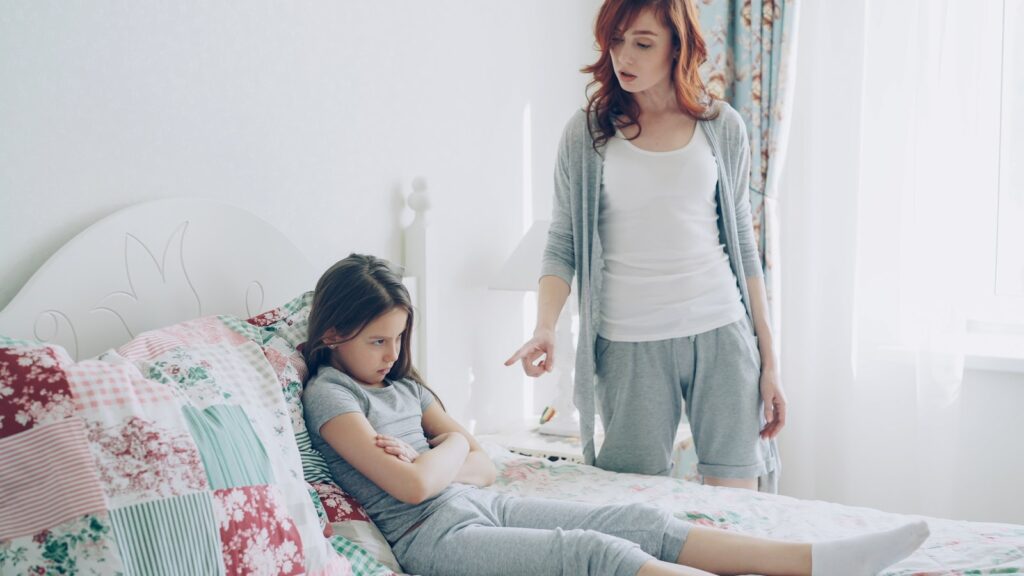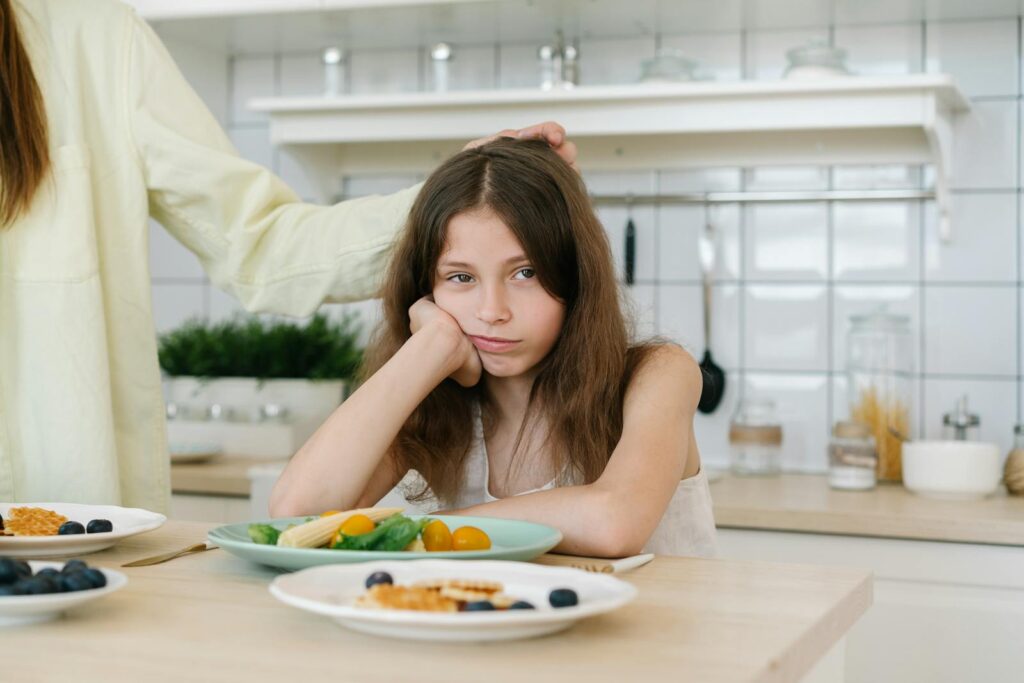
You’d think certain things your parents said would fade over time. They don’t. Years pass, and you’re at work or making dinner, and suddenly you hear their voice in your head. Not the loving stuff. The other things. The ones that made you feel small or wrong somehow. It’s strange how those comments become ingrained in your thought process, so much so that you see yourself even now.
You’re Too Sensitive

You hear this, and suddenly your feelings become the enemy. Not what they said. Not what they did. Just your reaction to it. After a while, you stop trusting yourself. Maybe you are overreacting. Maybe normal people wouldn’t feel hurt by this. The bedroom light stays on past midnight while you’re trying to understand why everything affects you so much. Your emotions turn into something you need to fix.
I Wish I Had Never Had Kids

There are words that land and never really leave. This is one of them. It doesn’t matter if they were angry or tired when they said it. You remember standing there. The coffee mug is going cold on the counter. Your brain just loops it over and over. You become the mistake they regret. Not metaphorically, but in a real way, you can’t talk yourself out of.
Stop Crying or I’ll Give You Something to Cry About

The message is simple. Your pain doesn’t count yet. Save your tears for when things get really bad. So you learn to choke everything down. Crying becomes this risky thing you can’t afford to do. The bathroom door clicks shut, and you turn on the faucet. The sound of running water fills the air. What should bring comfort instead brings more fear of what happens if you’re caught feeling anything.
After All I’ve Done for You

Everything your parent does for you gets added to a list you didn’t know existed. Every meal. Every ride to school. It all becomes proof that you owe them something. When you want to make your own choice, it comes up. When you disagree about anything, it comes up. The grocery bags get carried in from the car. You help unpack them, knowing this will probably get mentioned the next time you say no to something.
You’re So Ungrateful

Having basic needs met isn’t supposed to require constant thank yous. But this phrase says otherwise. You’re not allowed to be upset or disappointed without being labeled ungrateful. So you learn to appreciate. Even when something genuinely bothers you. The dinner dishes go in the sink, and you say thank you while that tight feeling sits in your chest. Being understood matters less than appearing grateful enough.
This is My House and My Rules

Gets said when you try to have any say about your own life. You’re reminded that you don’t actually belong here in any permanent way. Just borrowing space until you leave. The rules can change at any time, and you have no say in the matter. Your backpack sits by the front door even on regular days. Like, part of you is always ready to be told to go. Home stops feeling safe.
You’re Being Dramatic

This dismisses genuine feelings as performance. It makes kids question whether their emotions are valid or just exaggerated reactions. You start minimizing your own experiences. Real pain gets labeled as attention seeking. The tissues sit unused on the nightstand because you’ve learned to convince yourself that nothing is actually wrong.
I’m Doing This for Your Own Good

They say this right before doing something that hurts, as if the words make it okay somehow, and you can’t push back without looking like you don’t understand what’s best for you. And maybe you don’t. That’s what they want you to think. The door shuts, and you’re standing there, confused about why caring for someone has to feel so much like control. Love shouldn’t leave you questioning everything.
If You Loved Me, You Would

Love becomes conditional and transactional. It is used to manipulate kids into doing what their parents want. Your affection is constantly being tested and measured. Saying no means you don’t care enough. The phone sits face down on the table during these conversations because eye contact makes the manipulation harder to ignore.
Nobody Else Would Put Up with You

This is designed to make kids feel broken or unlovable. It suggests they should be grateful anyone tolerates them at all. It destroys self-worth and creates a dependence on the parent who makes the statement. You believe you’re too difficult for healthy relationships. The mirror reflection becomes someone you no longer recognize. Someone you’ve been taught to see as a burden.

